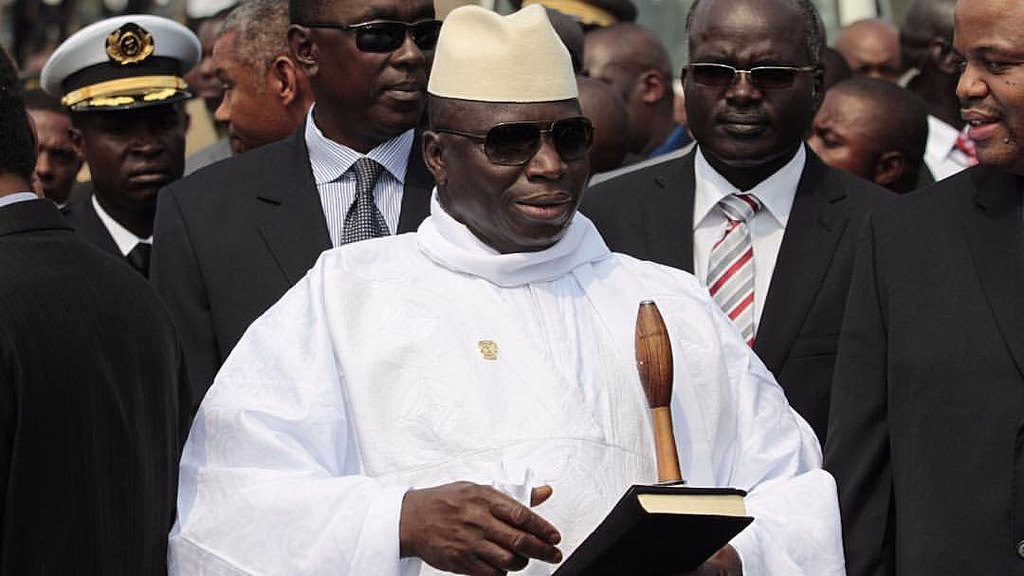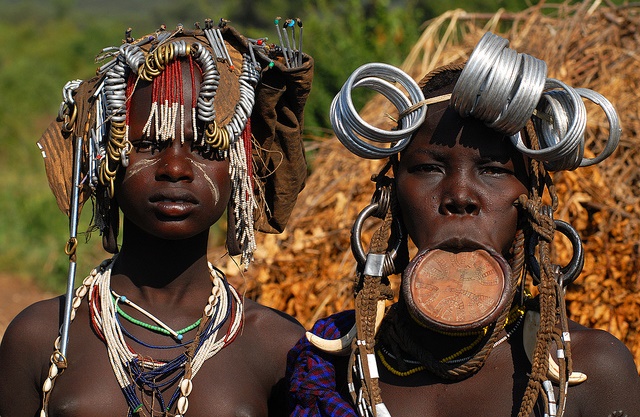Chapel Hill Atheist, Craig Hicks, Executes Muslim Family Over Parking Spot
/CHAPEL HILL, North Carolina – Three young people were murdered execution style on Wednesday, February 11th. The community and subsequently people from around the world were shocked by the news that these young Muslims had each been shot in the head.
They were newlyweds Deah Shaddy Barakat, 23, a University of North Carolina dental student, and his wife Yusor Mohammad, 21, and Yusor's sister, Razan Mohammad.
Barakat who was an American of Syrian descent according to Reuters "wrote in his last Facebook post about providing free dental supplies and food to homeless people in downtown Durham. He was also raising funds for a trip to Turkey with 10 other dentists to provide free fillings, root canals and oral hygiene instruction to Syrian refugee children." (Source: Reuters)
There is a push to have this heinous crime classified as a 'hate crime' because the victims were Muslim and they were murdered by a White American man. The Hate Crime Law was enacted to charge people with crimes against individuals because of their race, religion, ethnicity, nationality, gender, sexual orientation, gender identity, and/or disability.
The KKK and other White Supremacists who murdered African-Americans during the Civil Rights era, were brought to justice decades later under this statute. It would seem that Craig Stephen Hicks, 46, fits the profile of a racist, and though this may have been a contributing factor, it doesn't seem to be the only motivation.
According to residents of the complex where Barakat lived, Craig had a volatile disposition and had engaged in numerous hostile altercations with neighbors over limited parking. He was vitriolic and abusive in words and deeds when he perceived that someone had gotten a spot that he deserved. His behavior was frightening and he was definitely out of control even with other non-Muslim residents as described by those who had interacted with him on previous occasions.
However, in every other case Craig did not then act upon his grievance by going to get a gun and shoot the individual who was the object of his contempt. In the case of Barakat, Craig with malice aforethought, went to get a gun, pushed into Barakat's condominium where it is presumed he wantonly executed the three young, bright, high-achievers.
Although Craig's wife has tried to defend his actions by saying that he is not a racist, other news reports claim that he often made fun of the Barakat and his wife Yusor because of their dress. Why he chose to kill Barakat, Yusor, and Razan and not others is at the crux of the matter. Perhaps racism was the a factor in the murders, but it may have been his anti-religious stance that was the subtext.
Last month, Hicks posted a photograph that said, “Praying is pointless, useless, narcissistic, arrogant, and lazy; just like the imaginary god you pray to.” It is also reported that he is also an Anti-theists, which is an even more radical sect of atheists who are particularly outspoken and confrontational about their disbelief, researchers at University of Tennessee at Chattanooga said in a recent study.
"Anti-theists view religion as ignorance and see any individual or institution associated with it as backward and socially detrimental," the researchers wrote. "The anti-theist has a clear and -- in their view, superior -- understanding of the limitations and danger of religions." (Source: CNN)
For someone who took umbrage with God, and who was already predisposed to dislike Muslims, it is quite likely that by eradicating these young people, who were devout and publicly Muslim, he was able to kill two birds with one stone. Meaning, he was able to demonstrate his disdain of religion and its adherents, particularly those who followed the Abrahamic faiths - Islam, Judaism, and Christianity, especially the latter for which he had a virulent dislike; plus kill Barakat, his new wife, and her sister.
We may never know the answer, and in fact, no answer will assuage the pain of the parents of these three young victims. However, whether or not these murders are classified as a 'hate crime,' the killings shed light on the increasing levels of Islamophobia both in America and Europe, as well as a trend towards Secularism and Atheism in our society.
When a man does not believe in a higher power or accountability, he will do whatever is right in his own eyes, and is capable of doing whatever it takes to get what he wants. In this case, Craig the atheist wanted a parking space.
Editor-in-Chief: @AyannaNahmias
LinkedIn: Ayanna Nahmias
































